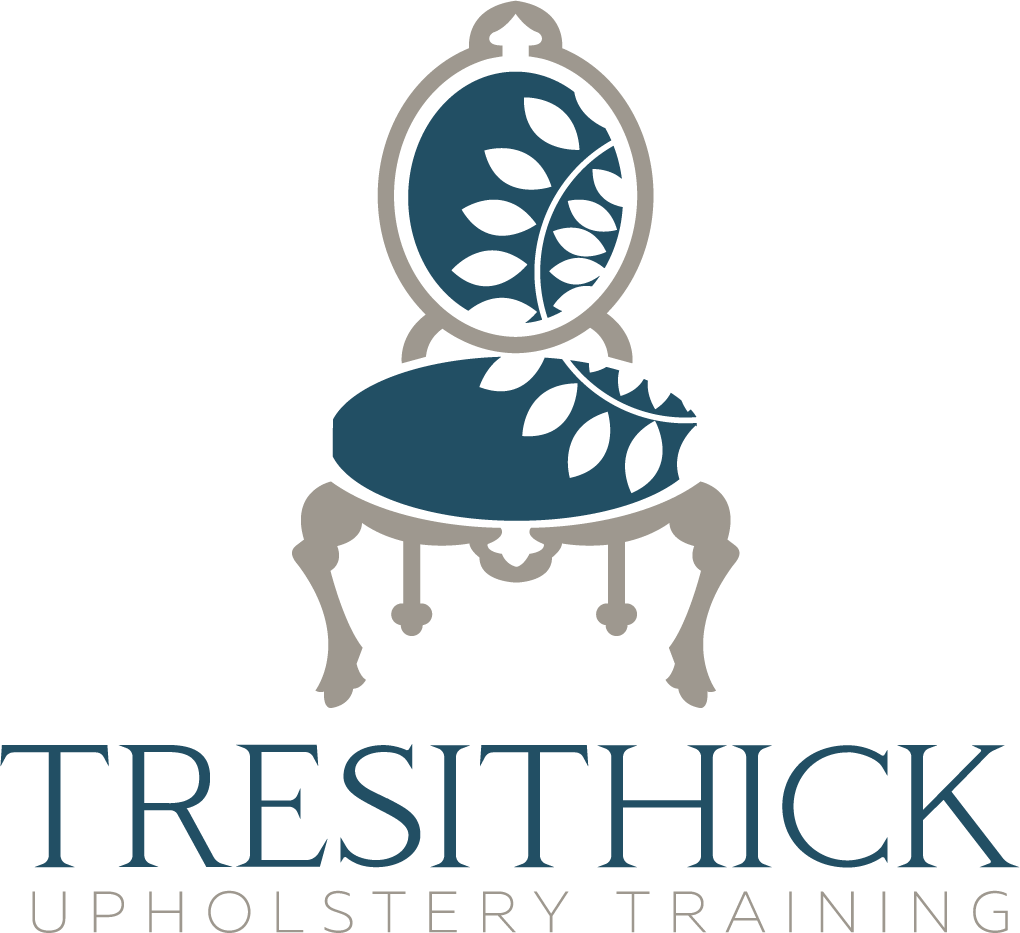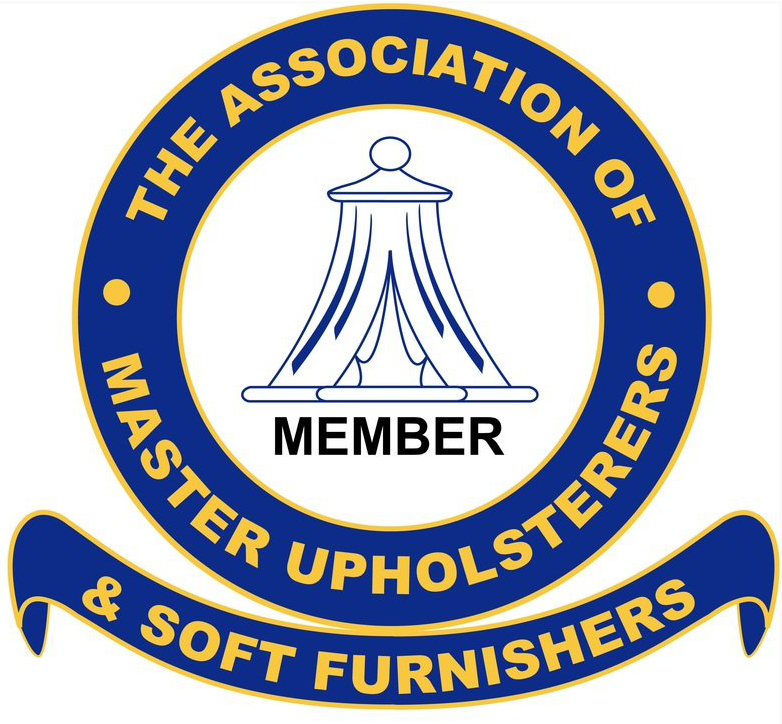Stage 2 - Intermediate Craft Certificate
The Intermediate Craft Certificate course covers further techniques of a more advanced nature.
210 hrs of training is delivered in 6 x week-long blocks (mon-fri), 9am-5pm daily (which includes a total of 1 hr lunch/refreshment breaks)
This achieves 7 training hrs each day, 35 hrs per week.
The course is designed to be flexible so as to allow the student to complete the syllabus in (individually) achievable time periods and so your training can be spread over a number of months provided it is completed within the stipulated 12 months from commencement.
Course Cost
Total course tuition fees total £2430:00.
An initial non-refundable deposit of £455:00 is taken on course enrolment. This includes an administration fee of £60:00.
The balance of course fees is invoiced in 5 equal instalments of £395:00 with the first instalment of £395:00 payable on the day you start your course. The remaining 4 instalments of £395:00 follow thereafter at 28 day intervals.
Payments can be made by UK cheque, or bank transfer.
Upholstery materials and sundries are not included in the above course fees as these costs vary according to the actual furniture item each student elects to work on. These materials are invoiced separately as per consumption recorded on a Materials Usage Sheet on completion of each individual syllabus item.
Please note that VAT is not payable.
An AMUSF registration fee of £72 (inclusive of VAT@20%) is payable separately direct to the AMUSF and must be made within 4 weeks of starting the course.
Where the course is programmed to complete within 4 calendar months of commencement, the instalments are adjusted to ensure full payment is made before the end of your course.
Stage 2 Syllabus
During this stage students will develop their practical skills, gaining knowledge and experience in the manipulation of a variety of materials and processes, within the context of a series of individual set exercises and/or assessment projects.
Students will acquire an understanding of upholstery fabrics and textiles and should be encouraged to develop, where appropriate, their own creative responses to the assessment projects.
Over the duration of the course the candidate will complete the following projects (as either exercise or actual pieces):
Stage 2 – Intermediate Craft Certificate
- T-Shaped Cushion with piping and zips (samples)
- Tailoring, including the fitting of caps and collars (samples)
- Independent sprung edge for a cushion seat (exercise) (traditional materials and methods, including fabric and front border)
- Armless chair with traditionally upholstered seat and back (seat to be sprung with coil springs)
- Post 1950s Armchair upholstered using modern materials & methods
- Portfolio containing notes and details of work in progress
- Written Research Project - History of Upholstered Furniture – a timeline and overview of the styles of upholstered furniture and the development of upholstery techniques and materials used.
Portfolio
Portfolio support work will also be required and the following notes provide a useful Aide Memoire for the suggested contents.
Before any stripping of the old upholstery is begun the furniture item must be photographed and, together with training objectives discussed with your tutor, entered into your portfolio to compile part of your evidence. It may sometimes be necessary to communicate an idea to a colleague or client through use of an image as opposed to text, one can often do this through use of existing images from magazines, books etc. However, sometimes due to time constraints, or design originality or detail, it may be more appropriate to produce a sketch or a scale drawing (accompanying colour swatches for example to explain the furniture to a customer).
The following skills are covered, and will be acquired directly through the experience of working on each piece of your furniture. Therefore, you must remember to reference them in your portfolio notes as evidence:
The students will receive workshop inductions, practical demonstrations and teaching in the use and application of core materials and techniques, both modern and traditional, including instruction on:
- Health & Safety: when working with tools and equipment in a workshop environment
- Frame repair and polishing, including the fitting of castors
- Understanding of Industrial and Domestic sewing machines
- Appropriate use of Fillings & Sundry Materials
- Types of springs and suspension systems: coil, serpentine, tension springs, sprung units, pocket springs, rubber & elastic webbings etc.
- Appropriate use of foams and rubberized hair sheets and various pre-formed profiles
- Appropriate use of techniques and processes including Knots, Blind, Top and Slip-Stitching
- Cutting, Pattern Matching and Finishing of Fabrics
- Tailoring, including the fitting of caps and collars
- Basic Design Skills: sketching, colour co-ordination and scale drawing
- An understanding of the UK’s Furniture & Furnishings (Fire)(Safety) Regulations 1988 relating to domestic furniture and furnishings
- Fabric Classifications – Martindale abrasion test
- Estimating & Costing Materials
- Evaluation Methods
For each piece undertaken a detailed list of materials and costing should be made, along with a description of the process including references to the use of tools, handling of materials, and health and safety awareness. Pictures should be taken at every stage of the project to create a close photographic record of work involved from start to finish and this should be combined with a written descriptor of each step. Any evidence of machine sewing, pattern matching, colour coordination and finishing should also be included in the portfolio.
The 3 main elements to the course that form the majority of the awarding marks are as follows:
- Armless Chair
- Post 1950’s Armchair
- Mandatory project – written project on the History of Upholstered Furniture – a timeline and overview of the styles of upholstered furniture and the development of upholstery techniques and materials used.
All elements must be completed in order to achieve the highest marks.
UK-based students are required to provide their own furniture to meet the syllabus requirements. For overseas students, by arrangement, Tresithick Upholstery Training can provide the necessary furniture items on request.
The Intermediate Craft Certificate is awarded by the AMUSF on successful completion of the course and verification. Students will be required to make available the armless chair and the post 50’s armchair and project for the verification by the External Verifier.
Successful completion of the Stage 2 course is usually a pre-requisite for enrolling on the Stage 3 course unless the applicant can produce satisfactory evidence to prove that they already possess the skill and knowledge taught on both the Stage 1 and Stage 2 course.
FAQs
- Who over sees the accredited course and sets the syllabus?
The Association of Master Upholsterers and Soft Furnishers (AMUSF) sets the syllabus, verifies the results, and issues the certificates. We are an approved training center for the AMUSF.
- Do I have to do all 3 Stages?
You can choose to do as few or as many Stages as you like, but all 3 Stages will be required to achieve the Upholstery Diploma.
- Can I set up in business once I have completed the Diploma?
The Upholstery Diploma is specifically designed to provide you with a very good grounding upon which to develop your upholstery skills and set up your own upholstery business. We always advise students to work within their skillset initially and gain as much practice and experience as possible post-course. Please follow the link to see just a small selection of previous students who are now enjoying running their own business.
- Do I have to provide my own chairs for the course?
On Stage 1 and Stage 2 there are some practical elements of the course which are completed on practice frames, which we supply. Other than those, you will need to source your own chairs for the course.
- How long does it take to do the Diploma?
At Tresithick, each Stage requires 6 weeks of training. This is in 5-day blocks, Monday – Friday 9am – 5pm which accumulates 35 hrs training time. The course is designed to be flexible, and you do not have to do consecutive weeks in the workshop. Many of our students choose to do 1 week per month, whilst others may condense their course, or take longer. Each Stage of the Diploma must be completed within 12 months of your start date.
- When can I start the Diploma?
At Tresithick we do not align with the academic year and so you can begin your Diploma at any point during the year, depending on availability of dates.
- How much does each Stage cost?
Each Stage costs £2430.00. We ask for a deposit of £455.00 at the time of enrolment to secure your place. 5 further instalments of £395.00, commencing on the day you begin your course, are payable at 28 day intervals.
- Do I have to do any work at home?
All the practical work is done in the workshop, although we always encourage students to practice on their own pieces at home if atall possible. There is a portfolio and project element to the course, and this is completed outside workshop training hours, at home.
- What about Dyslexic students, how much writing is involved?
Being a craft course, the Diploma is largely practical. All assistance needed to help you complete the written project element of the course is on hand. The project has no word count and does not need to be ’word heavy’. The project is designed to encourage you to carry out some research into the subject matter which will help you gain useful experience beneficial to your development and knowledge of the craft.
"It appears that I inadvertently ‘fell on my feet’ by choosing Tresithick. Despite it being 4 hours away from home, I was struck by how helpful Sonja was when I was making my first enquiries and I knew that I was going to be in safe hands. After my first week I was absolutely hooked on upholstery and this was, in no small part, down to Richard’s expert tuition and clear passion for his craft. The atmosphere in the workshop was encouraging, and light-hearted with no shortage of laughter throughout the day. Richard has a great coaching style, and encouraged me to draw on my knowledge all the time, strengthening everything I had learned. He was ably assisted by Zoe who was always on hand to support and offer expert advice.
I can honestly say that my weeks at Tresithick were amongst my favourite each year and well worth the trip. I’ve made some great friends and developed a wonderful skill that I was able to transform into a business. I was genuinely sad when my studies ended and continue to look for excuses to go back"
"I studied over many years at Tresithick to gain my Diploma in Traditional Upholstery and couldn’t recommend Richard, Sonja and the team more highly."
Jon
Looking for an ideal gift?
Here at Tresithick Upholstery Training, we get asked all the time if our courses can be purchased as a gift? Yes they can!
We have gift vouchers available for either the full course fees, or in denominations of £50 and £100 for a loved one to put towards their next course. Contact us today for more information.
GET IN TOUCH
01726 884500
training@tresithickrestorations.co.uk
The Barn Workshop
Trevilvas Farmhouse
Grampound
Cornwall
TR2 4DE
STAY CONNECTED
Join our newsletter and find out more
Contact Us
We will get back to you as soon as possible
Please try again later
All content copyright © Tresithick Upholstery Training 2007 - 2022










